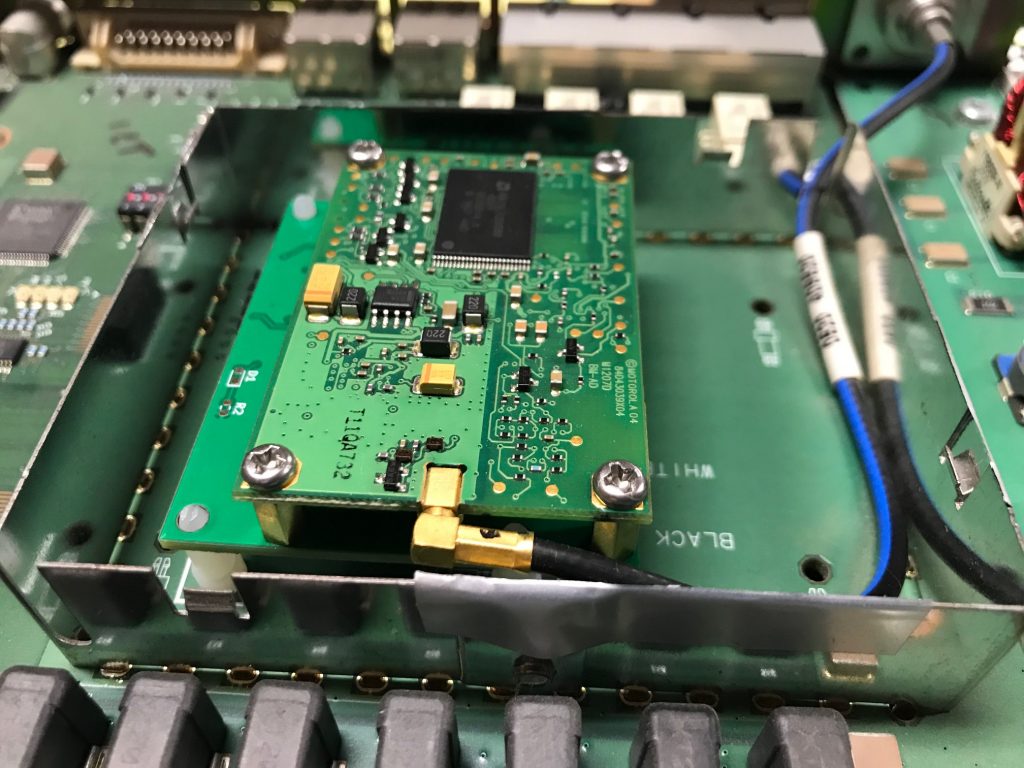The issue is that iDEN systems operate on the incorrect year and may be fluctuating between the correct and incorrect years.
On April 7, 2019, the Global Positioning System (“GPS”) experienced its second “week rollover” event. The GPS system was originally designed using a 10-bit binary number as a counter to indicate the week of the current date transmitted from the satellites to the GPS receivers. The 10 bits provide only 1024 possible values. Therefore, every 1024 weeks (approximately 19.7 years), the system returns to its starting value of 0.
At the base level for many GPS receivers, a rollover event indicates a date in August 1999. Some GPS receivers are able to determine that a date in 1999 (or any date 19.7 years prior to today) is actually in the past and they will add 1024 to the week counter and, thus, return the correct date. Other GPS receivers are happy to tell us today is 19.7 years in the past.
Because of this 10-bit limitation, the iSC of the iDEN EBTS is currently not able to determine a rollover event and is, therefore, reporting a date of year 1999 or 2004 (depending on when the receiver was manufactured) to the rest of the network elements in the iDEN system. This incorrect year is then propagated to all the network elements and including handsets of the system.
This issue affects all Motorola manufactured M12+ Oncore Receivers installed in the iSC EBTS equipment for the iDEN Harmony, iDEN Melody and TETRA. This also includes the Oncore receivers used in site equipment manufactured for the CDMA and TDMA base stations.

